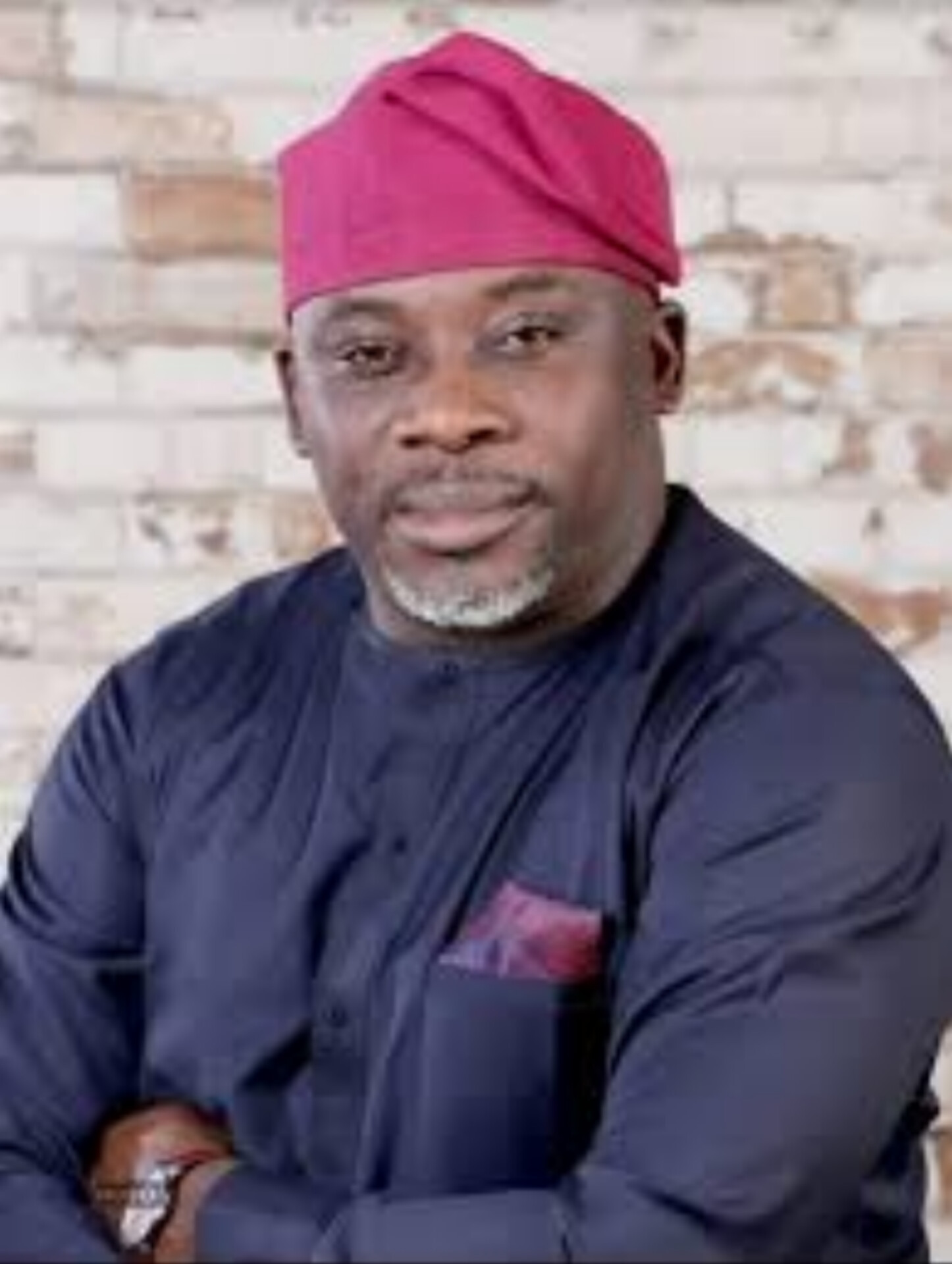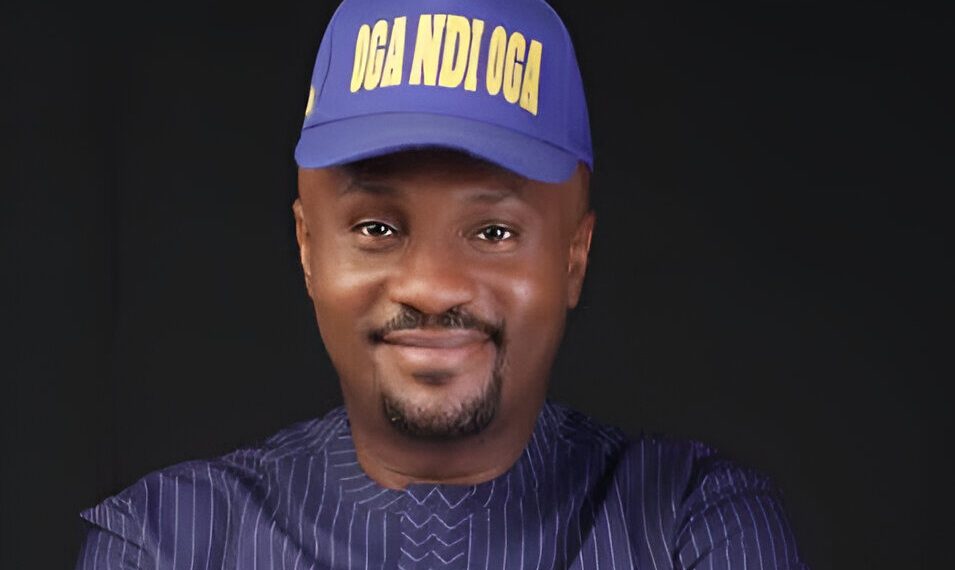By Tunde Olusunle
I had written and “kept this article in view” to adopt a well known phrase in the nation’s bureaucracy. This was until I read the respected scholar, theorist, polemicist and journalist, Chidi Amuta’s piece: “Tinubu Should Avoid Wike’s and Buhari-era Parade of Rank Incompetence,” recently published in USAfrica. Amuta’s typically well-worded, pungent and enlightening piece, convinced me to dust up my essay and align myself with his thoughts. I’ve been Amuta’s admirer for the better part of the past four decades. This was before I was fortuitously joined with him in the Yemi Ogunbiyi dispensation in the good old Daily Times. He was up there chairing the Editorial Board of the organisation, while younger elements like us honed our craft as interrogators and writers in different beats and departments.
Nigerians and the world at large continue to anticipate with bated breaths judicial pronouncements on the multivalent controversies devolving from the recent general elections. The polls have been broadly adjudged as having been heavily soiled in the oil and grease of sleaze and phenomenal compromise. Aggrieved parties are variously seeking adjudication by the courts in the land. Bola Ahmed Tinubu who was inaugurated as the fifth president of the Fourth Republic on Monday May 29, 2023, has since set out to work. He has made some appointments and commissioned inquests into the endeavours of a number of public officers he inherited from the predecessor government.

Godwin Emefiele, former Governor of the Central Bank of Nigeria, (CBN), had become a virtual “traditional ruler” in his position. He was appointed in the twilight of the Goodluck Jonathan presidency, and retained all through the tepid eight-year Muhammadu Buhari era. On his part, the youthful Abdulrasheed Bawa, former Chairman of the Economic and Financial Crimes Commission, (EFCC), is vacationing in the executive suites of the Department of State Services, (DSS). More contempraneously, Tinubu has sacked the boards of several public institutions, many of which were the automated teller machines, (ATMs) of some erstwhile godfather public officers.
In exercise of the approval of the National Assembly enabling him appoint 20 Special Advisers, Tinubu has named occupants of some of the advisory portfolios. One could almost close his eyes and list some of them who have been Tinubu’s henchmen for decades now. Dele Alake and Wale Edun were bound to be insiders in a Tinubu superstructure, any day. A Secretary to the Government of the Federation, (SGF), the very experienced George Akume, a retired bureaucrat and former governor of Benue State; a Chief of Staff, (COS), Femi Gbajabiamila, a longserving federal parliamentarian, and a National Security Adviser, (NSA), Nuhu Ribadu have also been named. New heads of the nation’s defence and security forces have been appointed, among others, following a holistic sweep of those inherited from the preceding government.
Since Tinubu was pronounced “President in-waiting,” immediate past governor of Rivers State, Nyesom Ezenwo Wike, has raised executive genuflection and unabashed mendicancy to Olympian levels. You should have witnessed his unashamed kowtowing and grovelling before Tinubu, when he, Wike, dragged the new helmsman to Port Harcourt, capital of Rivers State, even before the new President was inaugurated, to commission a project executed by his erstwhile government. His jokes on that occasion were off key, his laughters thoroughly mistimed. There was no concealment of his covetousness for accommodation in the evolving governance scheme. This is a man who spent all the initial 24 years of the Fourth Republic, hopping from one political office to another. This was climaxed with an eight-year stint as chief executive of perhaps Nigeria’s second richest state.
At the height of his “power and glory,” buoyed by two government-owned jets at his beck and call, Wike reportedly boasted to many of his audiences that on no account does he pass the night in Abuja. In the aftermath of Tinubu’s inauguration, however, Wike has relocated wholly to the nation’s capital, sleeping and waking up in Abuja every day. He has reportedly been hopping from the State House, to the federal parliament, and gatecrashing into the hotel rooms and homes of associates of the new President. He has become a very regular caller in Aso Villa, a veritable janitor actually. Who says a novel janitorial schedule cannot be created for him in the State House scheme by the way? Within Tinubu’s first 10 days in Aso Villa, Wike visited him three times! His carriage indeed, has been like that of a sole sponsor of the 2023 general elections, who is demanding mega returns on investment! Recall he loves to sing Nkem Owoh’s song, agreement is agreement.
Wike, the husky-voiced sea lion of the creeks of the Niger Delta, has rapidly transmogrified into a vulnerable pussy cat. He now has to ride on the backs of third parties to access the seat of power. When he is not on the tails of Seyi Makinde, Governor of Oyo State and his colleague in the G-5, he is tagging along with his former foes like Dave Umahi. And this is all in the bid to gain access into the highly restricted State House. He marched with his G-5 allies to visit the President days into the new administration, barely seeking the second opinion of his mirror. This was before he turned out oddly in a group photograph of his G-5 and the President. The miscued buttoning of his suit was the stuff of media jokes and jabs for several days!
Wike “forcefully herded” the new President of the Senate, Godswill Akpabio and a host of other dignitaries and national figures to his local church in Obio-Akpo local government area of Rivers State a fortnight ago. They attended a simulated “thanksgiving service” in his honour. It was a programme which he put up to reassure himself and flaunt before his kinsmen, the fact that he was still a big player on the national political podium. At that event, Wike attempted to impugn the integrity of the local chapter of the PDP. He alluded to a scam “poisoning” at the state secretariat of the PDP years ago, which allegedly threatened his vital organs. Surprisingly, in Wike’s several media appearances many of which he held in the gardens of Brick House, Government House, Port Harcourt, no allusion has ever been made to this incident.
Unknown to him, however, he opened himself up to further public derision by such cheap, illusory concoction. Phrank Shaibu, a media aide to Atiku Abubakar, spontaneously reminded Wike that the phantom affliction of his “kidney and lungs,” if it ever happened, was a product of career alcoholism. Shaibu reminded Wike that he, Wike, had earlier publicly admitted to starting off his day every day, by gulping bottles of “40-year aged” vintage whisky! The shelf price of one bottle of Wike’s favourite daily “morning tonic,” by the way, is about N10 million! The last time I checked, no Vice Chancellor in any public Nigerian university, no professor, earns one million naira as total pay package in a month. There may be exceptions though, probably a handful whose professorial chairs are being generously sustained by the affluent instituting bodies or well endowed individuals. Yet, these intellectuals are the bastions of very engaging knowledge production and impartation for national and global development.
The point is that Wike desperately needs a new official address. He cannot conceive of an existence in anonymity, away from the razzmatazz and klieglights of the public environment. Not after being over-pampered at our collective expense for a whooping 24 years! He is enamoured by having aides and officials fawning and shuffling around him. He loves to stand behind the lectern and rehash Timaya’s popular song, as e dey pain dem, e dey sweet us. He loves to hop and prance before excitable audiences. He will not be able to do all of that as a private citizen. Wike has estranged himself from the political class in Rivers State on account of his weird specie of leadership, he doesn’t have many friends back home.
Wike loves the allure of power. During his cross-country consultations ahead of the PDP presidential primary last year, Wike’s sole sing-song was: Give me that power, just give it to me and see what I will do with it. His advocacy and solicitation bore no references to a broad vision, a mission statement, a manifesto. He only wanted power to transit from Rivers State-owned airplanes, to those of the federal government as president. His “matter-of-life-and-death” solicitation for engagement in government, will avail him leverage with instruments of state with which to hound his adversaries. Hasn’t it become clear the under-the-table liaison between top government functionaries and military commanders in the procurement of personnel for illegal election duties, especially under the watch of the spectacularly indolent President Muhammadu Buhari? These are some of the privileges public office Nigerian-style, confers on officials.
Wike’s colleagues are winding down and resting after giving some of their perspiration to national service, over the years. Immediate past Works and Housing Minister Babatunde Fashola, SAN, hinted months ago that he urgently needed to return home to be “president” of his family. He marked his diamond birthday ceremony as a private citizen, just days ago. After a breathtaking 20 years of public service at the highest levels, he wants to take a deserved holiday, except if the current president needs him for a specific task. Since he left office 16 years ago, Donald Duke, arguably one of the star boys of the Fourth Republic, has been very actively engaged in other productive ventures outside Government House. He has been sharing his aggregated experiences and inspiring others. Coincidentally, Fashola and Duke are attorneys like Wike.
Tinubu should help Wike to save himself, from himself. He should be detailed without further delay to a health farm, to begin the imperative process of rejuvenation, regeneration and reinvigoration. He has lost the chubby cheeks characteristic of his visage, just months back. There will always be opportunities for service to nation in a lifetime. He should step aside so that new talent and competencies can be discovered from his state. Tinubu an elder himself, agba, as we say in Yoruba, knows that *the rascal procured with just the smell of mint-fresh currency notes to incinerate his father’s home, will be amenable to bringing down his neighbour’s with enhanced incentive. That should inform the rules of engagement with this prospective “janitor of Aso Villa.”
Tunde Olusunle, PhD, poet, journalist, scholar and author is a Member of the Nigerian Guild of Editors, (NGE)



